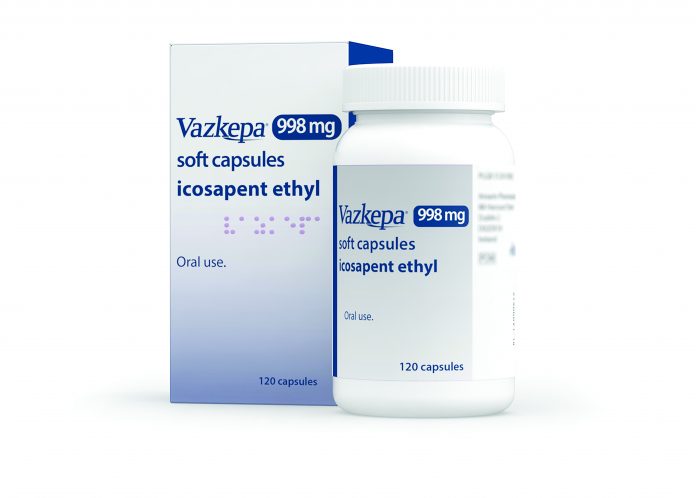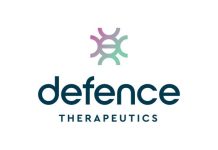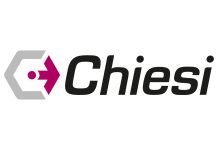
Icosapent ethyl has been recommended by NICE for use across the NHS in England and Wales to reduce cardiovascular (CV) risk in adult statin-treated patients at high CV risk.
Amarin has announced that the National Institute for Health and Care Excellence (NICE) has recommended the use of icosapent ethyl in adult statin-treated patients at high cardiovascular risk who have elevated triglycerides (≥150 mg/dL [≥ 1.7 mmol/L]), LDL-C levels >1.04 mmol/L (and ≤ 2.60 mmol/L) and established cardiovascular disease (CVD).1,2 The final guidance is expected to be available on 13 July 2022.
This is the first treatment in this class recommended by NICE for CV risk reduction. Icosapent ethyl is a new active substance, comprising a highly purified omega-3 fatty acid (eicosapentaenoic acid >96%). With this recommendation, icosapent ethyl has the potential to benefit more than one million people in England at high risk of a subsequent CV event, such as a second heart attack.1
More than six million people live with CVD in England, costing the NHS around £7.4 billion each year.3,4 While current therapies have helped to reduce the risk of future major CV events, more than 137,000 people continue to die from CVD each year.3 Significant future risk also remains for patients, with one in three suffering a subsequent CV event within seven years after a first heart attack episode.5
Innovating CV treatment
Icosapent ethyl represents an innovation in reducing this CV risk in patients in England. Evidence from the pivotal double-blind, randomised REDUCE-IT phase 3 clinical trial demonstrated, in more than 8,000 patients over an average of 4.9 years, that treatment with icosapent ethyl compared to placebo resulted in a 25% relative reduction in the risk of future major adverse CV events (a composite of CV death, non-fatal myocardial infarction, non-fatal stroke, coronary revascularisation or hospitalisation for unstable angina), a 4.8% absolute risk reduction with a number needed to treat to avoid one event of 21.6
Dr Derek Connolly, Consultant Interventional Cardiologist at Sandwell & West Birmingham Hospitals NHS Trust said: “CVD ranks as one of the UK’s leading causes of death.3 Current therapies such as statins that reduce low-density lipoprotein cholesterol (LDL-C) levels have achieved major successes in reducing deaths from CV events, but they are not a complete solution.
Patients with a well-managed LDL-C level are still at risk of a CV event and other factors, such as elevated blood triglycerides, should be considered as a risk marker for future events.
The REDUCE-IT trial demonstrated that with icosapent ethyl it is possible to reduce this risk further, helping to prevent future CV events.”
The most frequently reported adverse reactions in the REDUCE-IT trial associated with icosapent ethyl were bleeding (11.8%), peripheral oedema (7.8%), atrial fibrillation (5.8%), constipation (5.4%), musculoskeletal pain (4.3%), gout (4.3%) and rash (3.0%).2
Amarin’s Senior Vice President & President of Europe, Laurent Abuaf, said: “VAZKEPA offers an important scientific innovation for patients with CVD, and the results of the REDUCE-IT trial demonstrate the benefits of its use for optimising the outcomes of patients at high risk of CV events, on top of treatments for traditional risk factors.
NICE’s recommendation will help to reduce the risk of CV events amongst a significant number of patients across England and Wales, and we are committed to working with all relevant stakeholders in the NHS to offer this important new treatment option to patients with CVD.”
References
- National Institute for Health and Care Excellence. Final Appraisal Decision: Icosapent ethyl with statin therapy for reducing the risk of cardiovascular events in people with raised triglycerides [internet]. [London]: NICE; 2022. https://www.nice.org.uk/guidance/gid-ta10736/documents/html-content-4
- VAZKEPA (icosapent ethyl) Summary of Product Characteristics (April 2022) https://www.medicines.org.uk/emc/product/12964/smpc#gref. Accessed June 2022.
- British Heart Foundation. UK Factsheet January 2022. https://www.bhf.org.uk/-/media/files/research/heart-statistics/bhf-cvd-statistics—uk-factsheet.pdf. Accessed June 2022.
- Public Health England. Health matters: preventing cardiovascular disease. https://www.gov.uk/government/publications/health-matters-preventing-cardiovascular-disease/health-matters-preventing-cardiovascular-disease. Accessed June 2022.
- Cannon CP, Blazing MA, Giugliano RP, et al. Ezetimibe Added to Statin Therapy After Acute Coronary Syndromes. N Engl J Med. 2015;372(25):2387-97.
- Bhatt DL, Steg PG, Miller M et al. Cardiovascular Risk Reduction with Icosapent Ethyl for Hypertriglyceridemia. N Engl J Med. 2019; 380(1):11-22.








